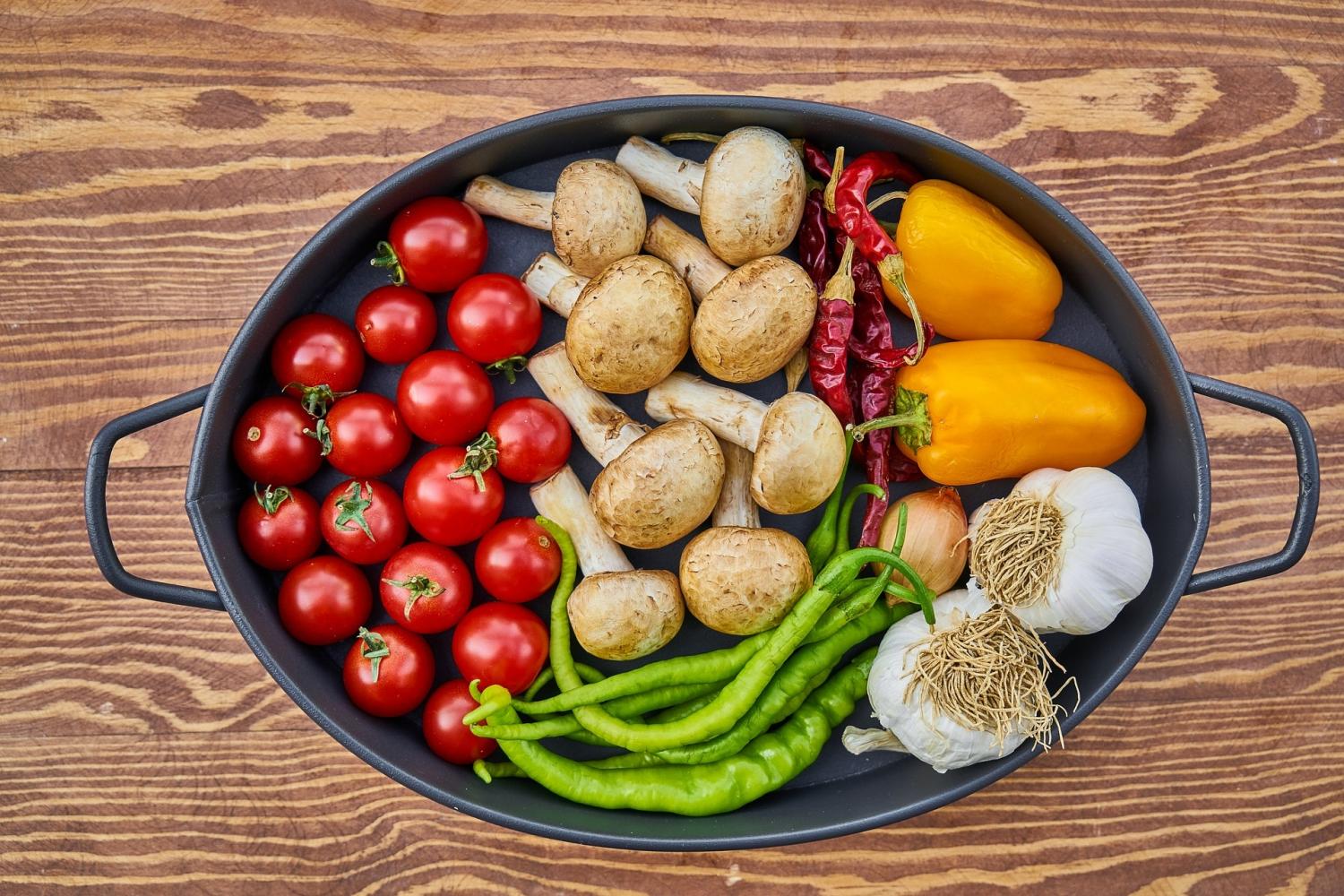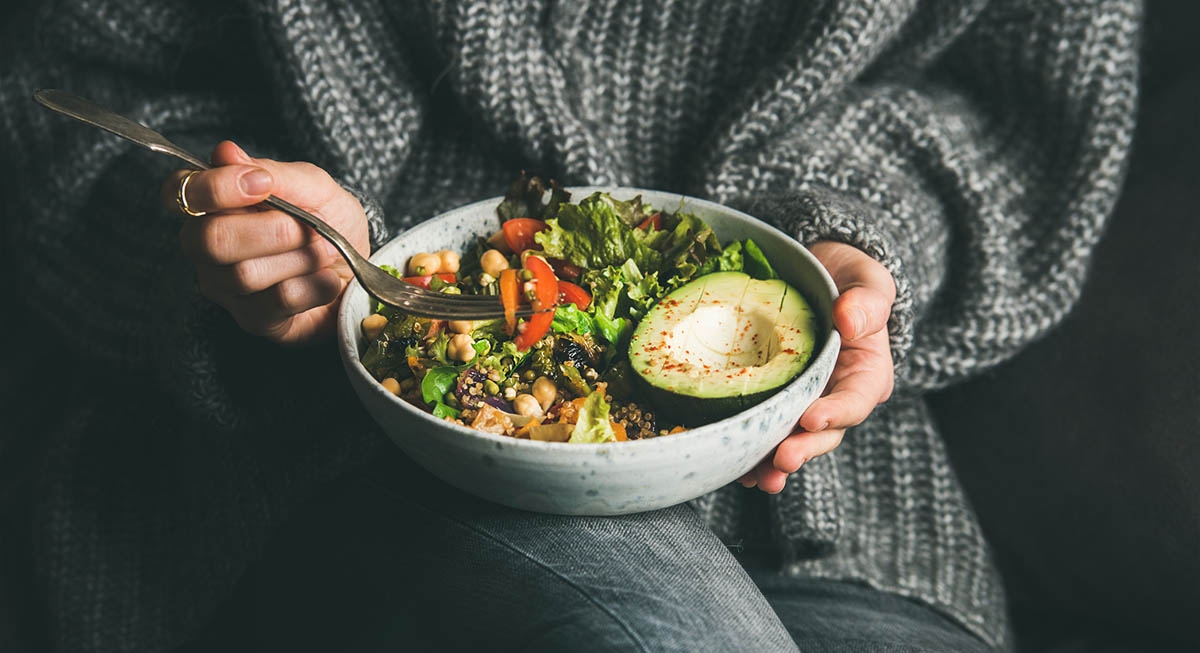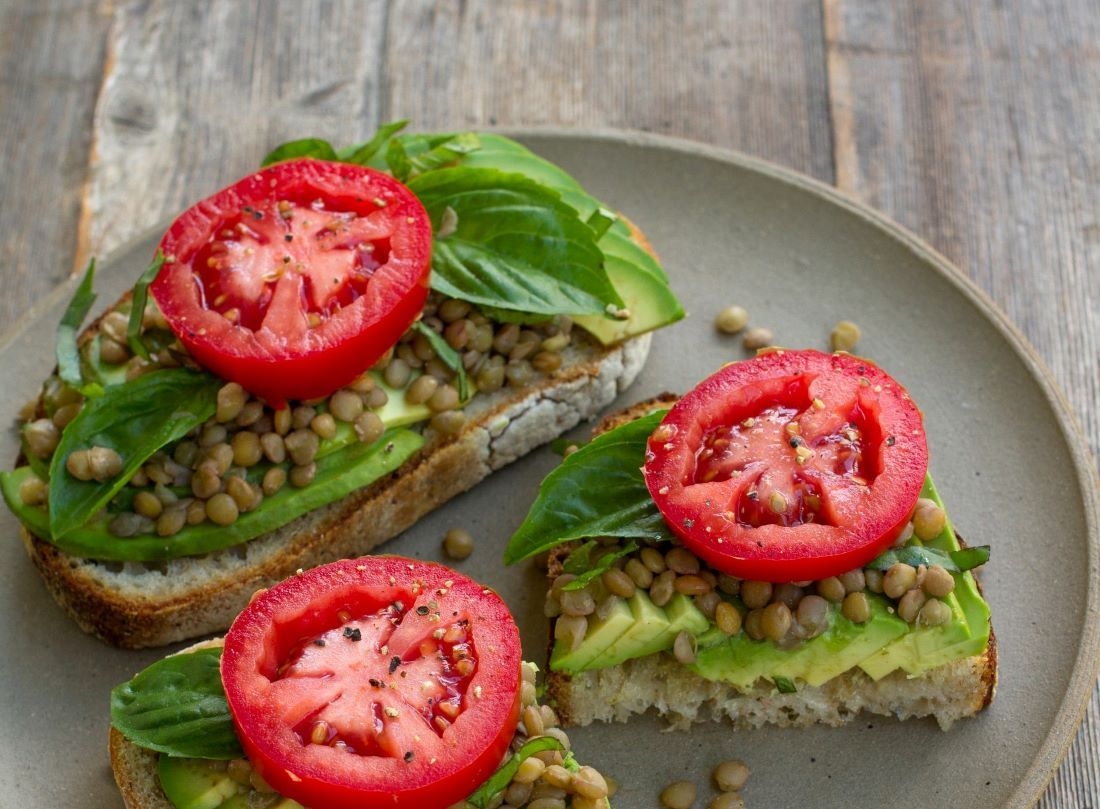
Drawing on rich traditions to nourish our children
By Grand Chief Dr. Wilton Littlechild
Indigenous peoples are "Inuwak," Peoples of the Land. We have a spiritual relationship with our mother earth; our food is from the land and is intrinsically related to our cultural and spiritual way of life. Food not only nourishes us physically, it impacts our mental attitude and is an essential part of many of our spiritual ceremonies.
Unfortunately, integral parts of our culture and our connection to the land have been impacted or interrupted in many ways. Colonization disrupted access to the land and our traditional food sources. The genesis of much of the poor nutrition in our communities – and specifically with our children – begins with the history of residential schools.
The meals served at the residential schools did not meet Canada’s Official Food Rules, nor did they meet the later updated version of these guidelines in the form of Canada’s Food Guide. Food was often inadequate both in terms of quality and quantity; children were hungry and suffering from malnutrition.
We have heard so many accounts from residential school survivors of being served food that was not fit for human consumption. In my experience as a boy at residential school, I remember we were fed dog biscuits.
The school meals were also unfamiliar – a far cry from the traditional food that many of our parents and grandparents had hunted, fished or harvested. Food was used as a weapon in the schools, including as a form of punishment. If you misbehaved, it could be taken away from you.
This history of poor nutrition in Indigenous children, starting with colonization and worsening through the residential schools, has carried through to today. Much like abuse, as we have found in our research of the residential school system, poor nutrition passes on through the family. If you are not fed properly as a child, you will not promote nutritious food to your own children. This is how habits are formed; we feed our children the way we were fed as children. And on it goes.
Today our communities are faced with additional challenges around supporting their children to eat well and develop healthy food habits. For example, in isolated communities, healthy food choices are limited and expensive. Unhealthy choices are abundant and heavily marketed – and this is true in all communities across the country. Pop and other sugary, high fat snacks line our store shelves usually at our children’s eye level, and not surprisingly, this is the first thing they see and the first thing they want.
This has led to some very negative effects in our communities including high rates of type 2 diabetes, obesity in our children and other health complications. I remember an older man speaking at a traditional gathering summing it up well: “The day we started getting sick was the day we started hunting on the shelves.”
We have been led to poor nutrition through history, habit, availability of poor choices and marketing.
Now we need to go back. There is richness in our traditional teachings, richness in our cultures and richness in our traditional ways of life that still have instructions for us. It is time to reflect on these traditions and take a holistic approach as we move forward.
We need to repair the flow of traditional knowledge from parents to children that has been damaged, and in some cases, severed due to the residential school system. We can do this by helping to educate our young parents about healthy eating and cooking.
We also need to make changes to our present environment. I have challenged schools and community centres to remove pop machines and other unhealthy choices. All communities should have access to affordable healthy food. Special efforts should be made for our remote communities where food costs are high, and more nutritious items can be the most expensive.
Celebrities and athletes have long been used to market food and we can do the same by having our own First Nations role models promote healthy lifestyles to our children.
Legislation to prohibit junk food marketing to our children would protect them and promote better food and drink choices. Bill S-228, currently in the House of Commons, is expected to pass this year.
Canada’s Food Guide is undergoing revisions and this is an opportunity to consult with Indigenous leaders to ensure it is culturally relevant and reflective of our First Nations, Inuit and Métis teachings.
In the old days, our chiefs would look ahead to see what was coming so they could warn our communities, find a solution and protect them. Now is the time for all of our Indigenous leaders to do the same. Treating illness is important but we need to shift more of our focus on wellness and prevention by advocating for change at all levels to ensure all our children enjoy long, healthy lives.
Wilton Littlechild, Ph.D., LLB, Q.C. Cree Nation, Grand Chief, Indian residential school Survivor, lawyer and former Commissioner of the Truth and Reconciliation Commission and an expert advisor with EvidenceNetwork.ca.









